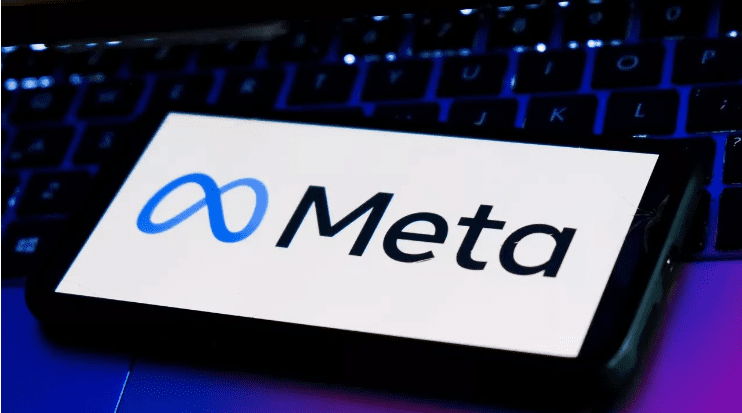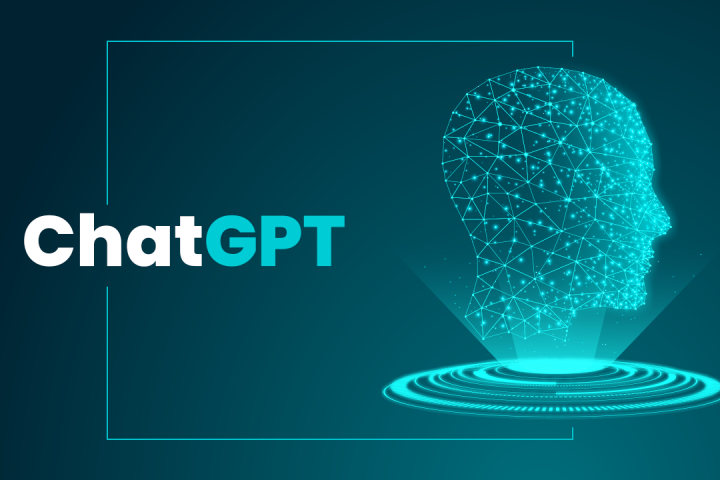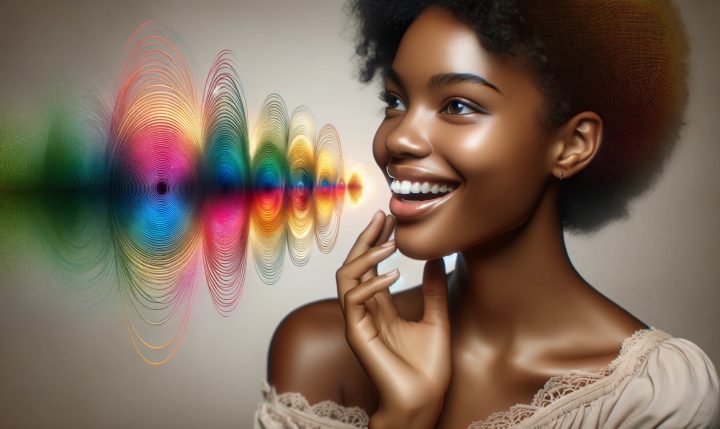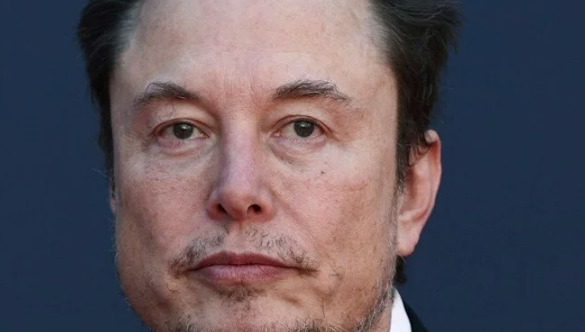ChatGPT’s company OpenAI has reportedly asked the British parliament to allow it to use copyrighted works for free.
OpenAI told a committee that it is “impossible” to train an AI model without using such data.
“Because copyright today covers virtually every form of human expression, including blog posts, photographs, forum posts, pieces of software code and government documents, it would be impossible to train today’s leading AI models without using copyrighted material,” OpenAI said, according to The Telegraph.
- Prepare to be shocked! What does Google know about you?
- Android Auto provides you one less excuse to avoid video calls while driving
In evidence to the House of Lords Communications and Digital Committee, the company said:
Limiting educational data to public domain books and drawings produced more than a century ago may make for an interesting experiment, but it will not deliver AI systems that meet the needs of today’s citizens.
OpenAI’s AI tool called ChatGPT has been popular since its launch in November 2022 as a language model that can understand a wide range of user queries and produce human-like responses.
In a short period of time, the AI model has demonstrated significant achievements, such as summarizing research studies, answering logic questions and even passing entrance exams for business and medical school.
On the other hand, since the launch of ChatGPT, many companies such as The New York Times, as well as celebrities and authors such as Sarah Silverman, Margaret Atwood, John Grisham and George R.R. Martin, have sued the AI company for using their texts without permission to train the AI system.
The Times claimed that the newspaper’s intellectual property had been subjected to “massive copyright infringement, commercial exploitation and misappropriation”, with “millions” of news texts used to train ChatGPT, and that the AI tool was now competing with the newspaper as a source of information.
“If Microsoft and OpenAI want to use our work for commercial purposes, the law requires them to get our permission first. They have not done so,” he said.
Rachel Geman, one of the lawyers in the class action lawsuit filed against OpenAI by the Authors Guild and 17 authors, said that OpenAI “would have a vastly different commercial product” if such copyrighted works were not used.
Geman said:
The fact that the defendants have decided to copy authors’ works without giving them any choice or paying any compensation threatens the role of authors and their livelihoods as a whole.
On the other hand, OpenAI has stated that it is seeking new partnerships with publishers and has made agreements with the Associated Press and media giant Axel Springer to provide access to its content.
“We respect the rights of content creators and owners and are committed to working with them to enable them to benefit from new revenue models with AI technology,” a spokesperson for OpenAI said last month.
In the new application, OpenAI said it complies with copyright laws, adding that it believes that “as a matter of law, copyright law does not prohibit education.”





